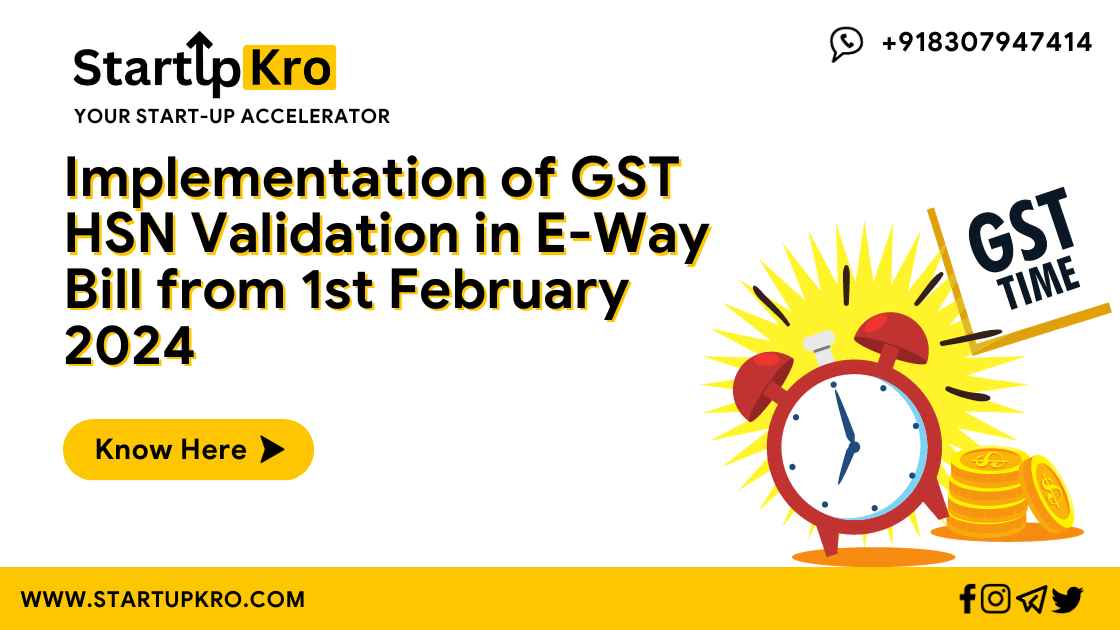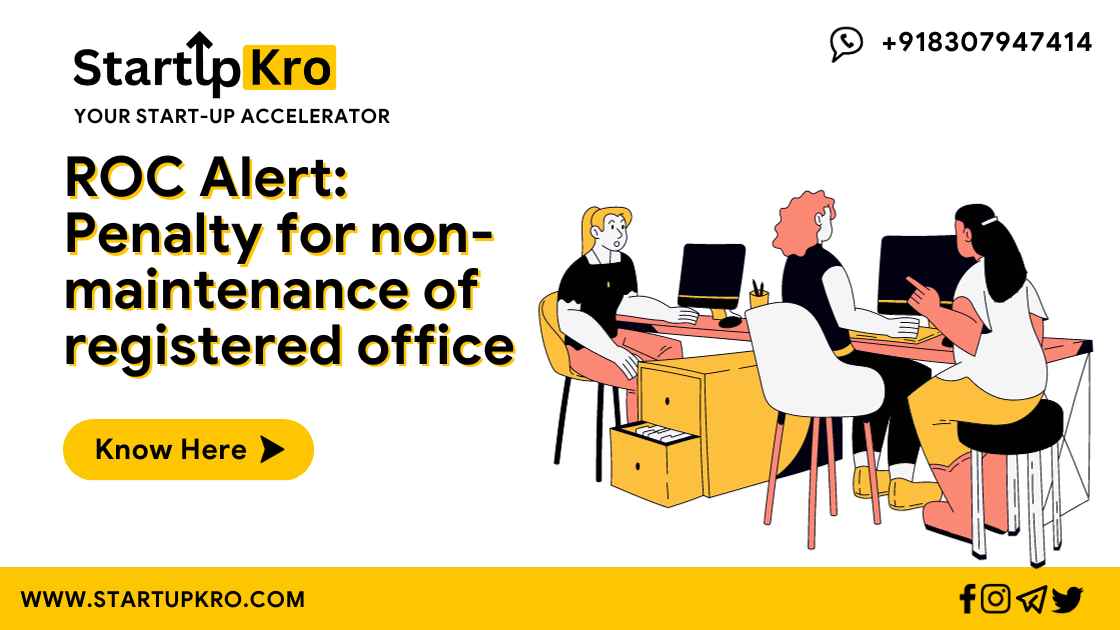
Alert! Income Tax Notice under Section 148 to Crypto Traders
Income Tax Notice to Crypto-Currency Traders Many cryptocurrency traders have recently received notices from the Income Tax Department under Section 148A(b) of the Income Tax Act (ITA). These notices were sent to individuals who engaged in cryptocurrency trading but did

Subscribe To Our Weekly Newsletter
Income Tax Notice to Crypto-Currency Traders
Many cryptocurrency traders have recently received notices from the Income Tax Department under Section 148A(b) of the Income Tax Act (ITA). These notices were sent to individuals who engaged in cryptocurrency trading but did not report it on their Income Tax Returns (ITR) or pay the associated taxes.
The Income Tax Department has requested that these individuals provide supporting documentation and financial records to verify the transactions described in the tax notice. The purpose of this action is to monitor the funding sources used for cryptocurrency transactions. This notice is considered a show-cause notice, and the taxpayer must provide evidence to the Assessing Officer (AO) as to why they should not receive a notice under Section 148 for income escaping assessment.
It is important to understand the tax notice for crypto trading, the proper response, and the potential consequences of failing to declare crypto revenue on your ITR. For more information and assistance, individuals can reach out to Start-Up Kro Team, who can provide guidance in both legal and financial matters related to this issue.
What does the Income Tax Act’s Section 148 mean?
Section 148 of the Income Tax Act allows for the issuance of notices in cases where an individual’s taxable income has eluded assessment. Before a notice under Section 148 can be issued, an inquiry must be made and an opportunity for the taxpayer to be heard must be provided through a show-cause notice under Section 148A(b).
This show-cause notice aims to give the taxpayer the chance to provide justification for why a notice under Section 148 should not be issued. The taxpayer must respond to this time-bound notice within the given timeframe. The Assessing Officer (AO) may issue a notice under Section 148 if they have received authorization from the designated authority and have received information indicating that the taxpayer’s taxable income has eluded assessment.
Notice of Tax Under Section 148A for Crypto Trading (b)
Tax notices under Section 148A(b) were issued to cryptocurrency traders for the fiscal years 2015-2016, 2016-2017 and 2017-2018. These notices included details such as the transaction value in cryptocurrency trading, the relevant fiscal year, and the fact that the cryptocurrency transaction revenue was not reported as Long-term Capital Gains (LTCG) or Short-term Capital Gains (STCG).
The traders were instructed to provide the following information to the Income Tax Department (ITD) office:
- Books of accounts and other relevant documents
- Bank statements for all accounts, including those of family members
- Calculation of gain or loss from investments made during the relevant financial year
- Information about sources of income, both domestic and international investments, and cryptocurrency trading
- Information about crypto wallets, both in India and abroad, as well as the sources of deposits
- A response to the notice by the given deadline.
How Do the Income Tax Authorities Know About Cryptocurrency Trading?
The Income Tax Department (ITD) is able to track cryptocurrency trading by collecting information from the exchanges on which traders open bitcoin trading accounts. These exchanges typically ask traders for their Permanent Account Number (PAN) and provide this information to the ITD. The ITD then compiles and analyzes this data and sends tax warnings to traders who have had large cryptocurrency transactions. Additionally, the ITD uses the Verification Report Upload (VRU) and Cryptocurrency Risk Identification Unit (CRIU) functionality on the Income Tax Insight Portal to access data on crypto transactions. On December 10, 2021, the Central Board of Direct Taxes (CBDT) issued a circular directing income tax commissioners to upload data to the Insight site for the purpose of issuing notices under Section 148 of the Income Tax Returns. The circular included instructions on how to provide data through the VRU/CRIU functionality.
Tax Penalty for trading cryptocurrencies under Section 148
Traders who receive revenue from trading cryptocurrencies, NFTs, or VDAs are subject to a 30% tax rate under Section 115BBH of the Income Tax Act, which was introduced in Budget 2022 and is effective for the financial year 2022-2023. This requires traders to report their earnings as capital gains in their Income Tax Returns (ITR) and pay a 30% profit tax. However, many traders may have failed to disclose their crypto trading profits and pay taxes on them in earlier years, as there was no mechanism in place.
Under Section 148 of the Income Tax Act, the Assessing Officer (AO) has the authority to issue a notice for assessment or reassessment of the matter. In certain cases, the AO may also impose a penalty equal to 50% of the tax due, such as when the income determined by the AO is higher than what was disclosed on the trader’s ITR or when the trader has not submitted an ITR but the revenue determined by the AO exceeds the fundamental exemption limit. The AO has the power to impose penalties for the taxpayer’s non-compliance in addition to the tax liability.
Traders have a certain amount of time to respond to the income tax notice and can do so by submitting a response through email or using the e-proceedings feature on the income tax website, as per the guidelines provided in the tax notice.
Implementation of Section 115BBH
The implementation of Section 115BBH for the taxation of virtual digital assets will take effect on April 1, 2022 or from the financial year 2022-2023 onwards. However, as there was no specific tax provision for tax on revenue from crypto trading in earlier years, taxpayers should keep the following in mind when responding to a tax notice under Section 148A:
- Justify the type of transactions and income source in your submission as a response to the notice and provide the tax officer access to relevant records and books of accounts.
- Depending on the trader’s goals and frequency of transactions, the income should be treated as either capital gains tax or business income. If the goal was to make profits and there were frequent transactions, it should be reported as business income. However, if the goal was to invest for long-term growth and there were only a few transactions, it should be reported as capital gains.
- If the income from cryptocurrency trading was already included in the ITR and taxes were paid on it, a response should be filed outlining the nature of the transactions and how they were handled in the ITR.
- In response to the notice under Section 148, the taxpayer must now submit an ITR, disclose all income, and pay taxes on it if they have not already done so.
Conclusion
In conclusion, taxpayers who have not paid the appropriate amount of tax on their cryptocurrency trading income may receive notices under Section 148 of the Income Tax Act. It is important for taxpayers to accurately declare and pay taxes on their crypto trading revenue to avoid receiving a notification and incurring fines and interest.
To fully understand and respond to a Section 148 notice, it is recommended that taxpayers seek the advice of a certified tax professional, such as StartUp Kro.
Share:

Book an Appointment
Schedule an Appointment with our Expert here.
Social Media
Most Popular


How to Respond to Trademark Objection


